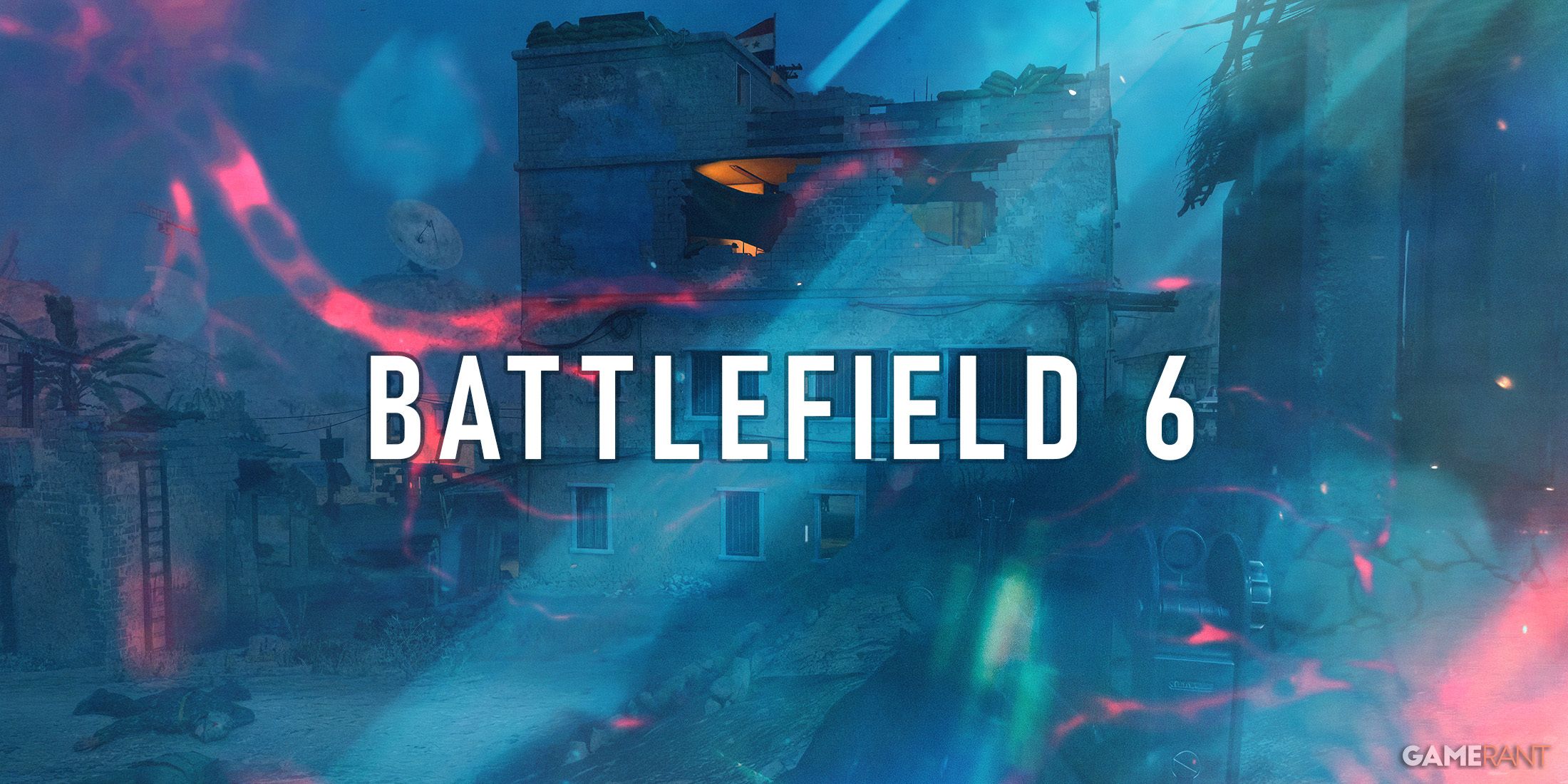Controversy and The Game Awards seem to go hand in hand, and this year, it’s no different. While some surprising nominations have stirred up some chatter, it’s a glaring omission that’s got many fans in an uproar.
When 2024’s Game Awards nominees were unveiled, jaws dropped—especially with the absence of Elden Ring: Shadow of the Erdtree from the Game of the Year category. Historically, DLC expansions haven’t been nominated for GOTY, but Elden Ring itself already snagged that title. This oversight isn’t the only point of contention, as many critics continue to argue that the event prioritizes advertising content and often neglects some high-profile titles.
Among the surprising snubs is Nine Sols, a beloved indie game that many thought would be a shoo-in. With its clear inspirations from games like Sekiro and visual ties to Hollow Knight, it has become a darling in the indie gaming community. Despite a stellar lineup of indie games this year, Nine Sols’ absence from any category of the Game Awards has left fans scratching their heads.
Many argue that Nine Sols deserves recognition, given its rave reviews and the support from influential voices like Penguinz0. The fact that Lorelei and the Laser Eyes made it through, despite having a similar reputation, adds fuel to the fire. Some speculate that Nine Sols wasn’t considered due to its lack of a console version, yet titles like UFO 50, which also don’t have console ports, made the cut.
The fierce competition in 2024 could be one reason Nine Sols didn’t secure a nomination. Each indie contender has received near-flawless reviews, and inevitably, not all deserving games can be included. Yet, the decision to include DLC in the coveted GOTY category perhaps stings even more for fans who believe indie games deserve more spotlight.
This isn’t the first time The Game Awards has seemed out of touch with the indie crowd. Last year, the indie category faced backlash when Dave the Diver, developed by a subsidiary of a larger company, landed a nomination. That same year, Baldur’s Gate 3, which many consider an independent game, made waves, prompting debate about what truly defines ‘indie.’
Though it seemed Baldur’s Gate 3 didn’t completely align with the indie ethos, given its hefty budget and established IP, the definition of ‘indie’ remains fluid. Geoff Keighley defended the decision, emphasizing the importance of ‘indie spirit’—a term often more about game scope and innovation than its development origin. Nonetheless, the choice continues to spark debate today, particularly linked to this year’s omission of Shadow of the Erdtree and the indie snubs, like Nine Sols.
As Nine Sols continues to capture the imagination of gamers with its richly drawn worlds and captivating storytelling, its lack of presence at The Game Awards is something of a missed opportunity to celebrate indie creativity. With its notable combat mechanics reminiscent of Sekiro, blended with an enchanting “Taopunk” aesthetic that marries cyberpunk with eastern mythology, the game offers a unique experience. Its story, following the journey of the hero Yi on a quest against formidable rulers, explores ancient mysteries and faith intertwined with advanced technology—a setting both intriguing and mysterious.
While the indie category at The Game Awards continues to provoke opinions, perhaps what remains clear is the passion among fans advocating for more indie representation. As Nine Sols’ reputation grows, it’s a reminder of the vibrant creativity thriving in the indie game development scene, hopefully inspiring future recognition.







![[FREE Game Giveaway] Win Lost Records: Bloom and Rage for PlayStation 5 (NA Region) [FREE Game Giveaway] Win Lost Records: Bloom and Rage for PlayStation 5 (NA Region)](https://www.gamerlounge.co.uk/wp-content/uploads/2025/04/FREE-Game-Giveaway-Win-Lost-Records-Bloom-and-Rage-for-360x180.jpg)




































![[FREE Game Giveaway] Win Lost Records: Bloom and Rage for PlayStation 5 (NA Region) [FREE Game Giveaway] Win Lost Records: Bloom and Rage for PlayStation 5 (NA Region)](https://www.gamerlounge.co.uk/wp-content/uploads/2025/04/FREE-Game-Giveaway-Win-Lost-Records-Bloom-and-Rage-for-120x86.jpg)


